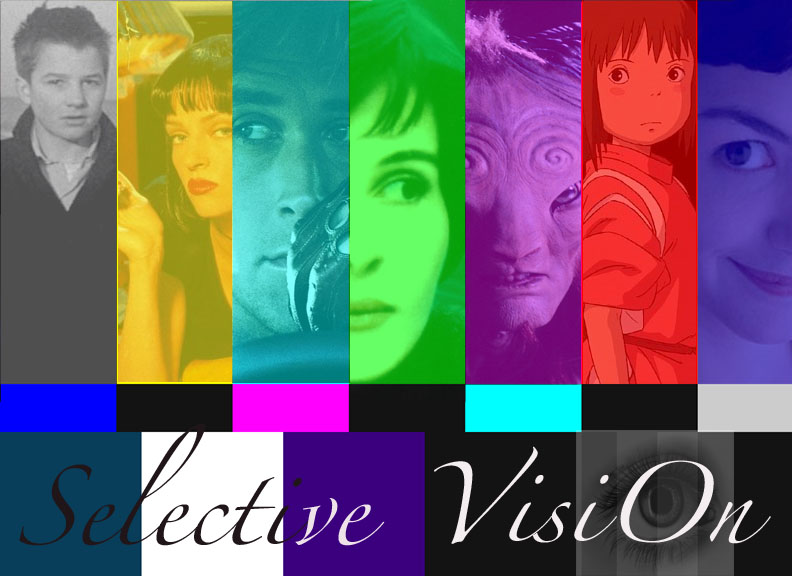This interest for detail and resemblance to the actual people involved in such event, its notorious and gracefully pursued by director/lead actor Ben Affleck in his latest feature "ARGO". Using a now declassified CIA mission that involved a fake film production crew to rescue 6 American diplomats hiding in the Canadian ambassador's house during the hostage crisis in Iran. The film narrates a very complex event in American history that would forever chance its relationship with the Muslim World. However, the script is written in a very tactful manner that never demonizes Iran, and in fact puts some of the blame on the American government. Affleck presents the story as a study of mediatic influence on history, and how a ridiculous B-movie was the safest alternative to infiltrate the embassy and return the hostage homes. Full of suspense, acid humor, respect for both parts involved,and a feel of classic Hollywood, the film is impeccable, and well constructed, its only flaws are a few undeveloped subplots.
In a very concise but magnificent recap we are brought up to speed with the circumstances in Iranian history that bring us to the point in time in the film, 1979. Then the main event starts to unfold; a final, anger-based reaction from the Iranian people after the American government refused to extradite the ill, but guilty of many crimes, Shah. The taking of the embassy and the capture of hostages was an extreme decision, to say the least, from the Iranian civilians. In a desperate need to solve this, the Americans explored any possible escape route for the 6 diplomats that managed to escape the embassy. This is where Tony Mendez (Affleck) comes in, working for the CIA he proposes to use a fake Hollywood Science Fiction production in search for an exotic location to repatriate the group in Iran. Crazy I know, even crazier the fact that this really happened. With the help of real life Oscar winning make-up artist John Chambers (John Goodman) and producer Lester Siegel (Alan Arkin), Mendez builds castles in the sky to make this film a fake reality. The tension in the film builds up right to the last seconds of the operation, and Affleck really delivers both as an actor, and even more noteworthy as a filmmaker. Comedic relief is provided by Arkin, and Bryan Cranston who plays Jack O'Donnell, Mendez's superior, both of whom know how to pack some punchlines into the drama. A petty complaint about the film is the undeveloped side story between Mendez and his family, who we only see shorty and which perhaps could have helped give Affleck's protagonist more soul.
The ending is deliciously predictable, the result is unavoidable but the road there is enjoyable and nerve-racking. It is a Hollywood film, about a fake film. Using the artifice of film to clandestinely fix international issues. The film comments on the truth in the images presented to us by media, whether printed, televised, or in cinemas. One character poses the question "Do you think its only for the cameras?", referring to the Iranian public demonstrations, questioning the magnitude of such images. What is manipulated? or enhanced to tamper with public opinion both here and in the Middle East? We are shown the same irrational anger from Americans infuriated by the hostage crisis, showing us how easily coerced we are to think one way or the other about an issue. Powerful stuff, and extremely relevant in our context. On the other hand the film is visually arresting, recreating Tehran with the Alborz Mountains included in the background, the busy bazaar, and the vistas of the Azadi Tower to top it off. The detail its exquisite both in setting and in creating a feel for how Iranians felt at that period in time. Also in such detailed way is the casting for all main characters, and their characterizations are glorious. From the six main diplomats, to specific scenes form the time's newsreels, the resemblance is unimaginable. A tight, tasteful, entertaining, and exhilarating Hollywood lesson on a slice of world history.
"ARGO" places Ben Affleck as a well-rounded director with an eye for peculiarities, and gives him an original voice that overcomes his status as a star. The script by Chris Terrio based on Mendez's own accounts is superb, bringing up the tension and striking at the right times. The cast is credible, memorable, and iconic. A serious contender for the Best Picture Award at the Oscars, and most certainly a deserved nomination for Affleck as a director. The film is more than a historic account, it aims to rediscover the power of the media in a world for which only what its seen its what we believe. A pleasant surprise, released in theaters a couple weeks ago, but still playing now. Grade A.





No comments:
Post a Comment